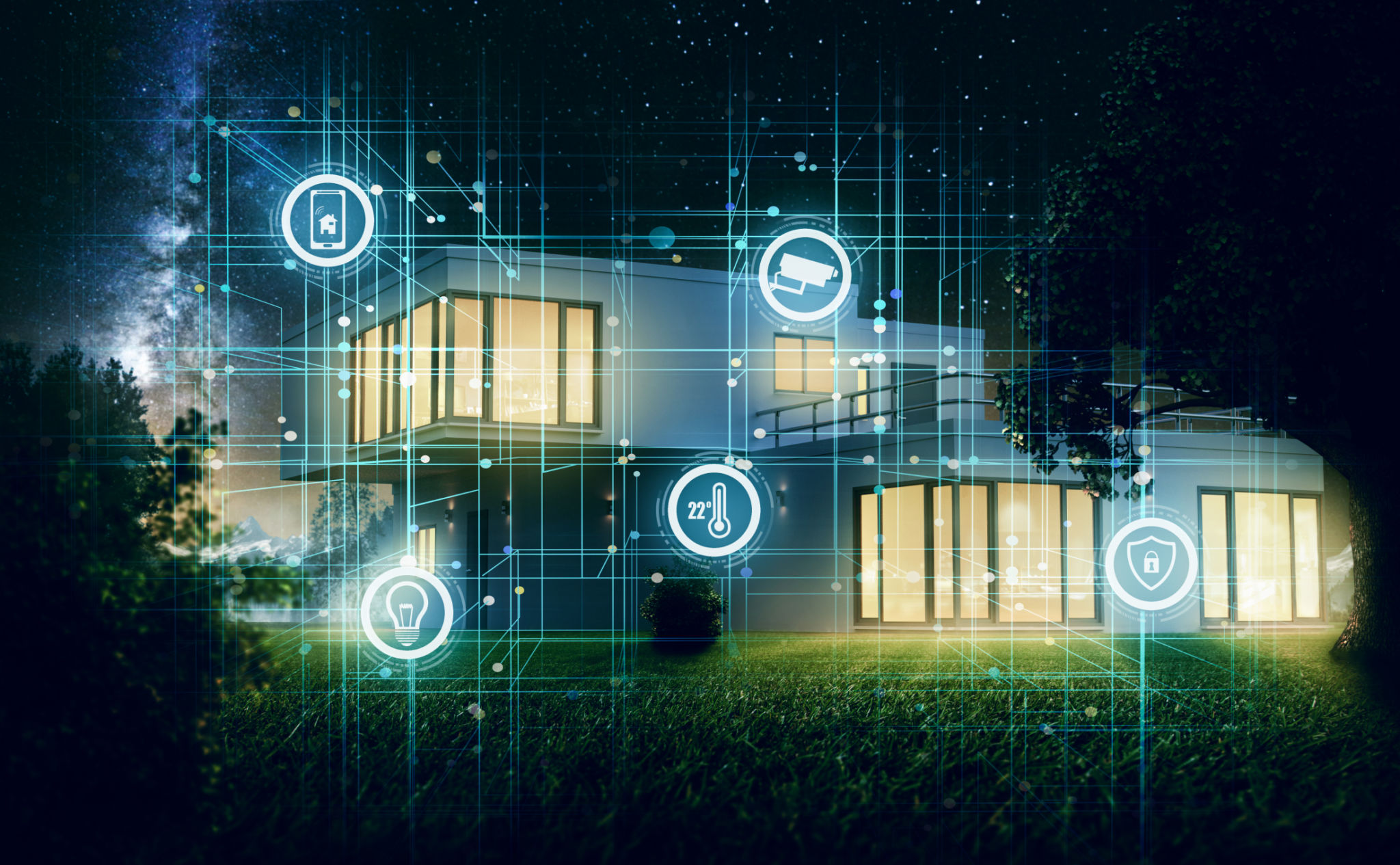Smart Home Alarms vs Traditional Systems: Which Is Right for You?
IS
Understanding Smart Home Alarms
In recent years, smart home alarms have gained popularity due to their advanced features and convenience. These systems leverage modern technology to provide homeowners with enhanced security and control over their environment. But how do they stack up against traditional alarm systems? Let’s explore what makes smart home alarms unique.

Smart home alarms are typically integrated with other smart devices and systems in your home, allowing for seamless interconnectivity. They can be controlled remotely via smartphone apps, offering real-time alerts and notifications. This means you can monitor your home security from anywhere in the world, providing peace of mind whether you're at work or on vacation.
Key Features of Smart Home Alarms
Some key features that set smart home alarms apart include:
- Remote Access: Manage and monitor your security system remotely using your smartphone or tablet.
- Integration: Connect with other smart devices like cameras, lights, and thermostats for a comprehensive smart home experience.
- Real-Time Alerts: Receive instant notifications for any unusual activity detected by your system.

The Benefits of Traditional Alarm Systems
While smart home alarms offer modern conveniences, traditional systems remain a reliable choice for many homeowners. These systems have been around for decades and are known for their straightforward operation and robust components. Here are a few reasons why some people prefer traditional alarms.
Traditional alarm systems rely on hardwired connections, making them less vulnerable to hacking compared to some wireless smart systems. They often include a simple keypad for arm/disarm functions and are backed by professional monitoring services that ensure immediate response in case of an emergency.
Advantages of Traditional Systems
Traditional systems have several advantages that continue to make them a viable option:
- Reliability: Dependable performance with minimal technical issues.
- Simplicity: Easy to use without the need for complex apps or devices.
- Professional Monitoring: Continuous monitoring by a security company ensures prompt response.

Which System is Right for You?
The decision between smart home alarms and traditional systems ultimately depends on your personal needs and preferences. Consider factors such as your tech-savviness, budget, and the level of control you desire over your home security. If you appreciate cutting-edge technology and remote access, a smart home alarm might be the best fit. On the other hand, if you prefer simplicity and reliability, a traditional system could be more suitable.
Additionally, consider the specific security needs of your household. If you travel frequently or have a large property, the remote capabilities of smart home alarms might offer added convenience and assurance. Conversely, if you reside in a smaller home or value straightforward functionality, traditional systems may suffice.
Conclusion
Choosing the right security system is an important decision that impacts the safety of your home and loved ones. By understanding the distinct features and benefits of both smart home alarms and traditional systems, you can make a more informed choice tailored to your lifestyle. Whether you opt for the latest technology or stick with tried-and-true methods, ensuring your home is protected is always the top priority.

